Jamie: An Athlete's Commitment to Recovery
One of the world’s top freestyle skiers, Jamie was the first woman in the world to land a double backflip at an X-Games event and had also won the FIS Junior World Championships. And she wasn’t stopping there. Jamie continued to compete and further her career as a freestyle skier. While competing in British Columbia in 2015, Jamie had a horrific accident. After a technical miscalculation caused her skis to become lodged in the snow, Jamie’s head impacted the ground with an immense force due to her fast speed. She was airlifted to the hospital and placed in a medically induced coma for eight days. Jamie had sustained a massive traumatic brain injury. She had lost all mobility in the entire right side of her body. With the help of her family members, she began the arduous process of relearning how to perform simple tasks such as drinking water, picking up small objects, and climbing the stairs.
Though her initial recovery phase was considered to be a success, the challenges Jamie still faced with her cognitive function being severely compromised caused her to experience depression. Like a true athlete, she pushed through to the next phase of recovery. “As an athlete, I appreciated the challenge and the goal-oriented nature of my treatment,” said Jamie.

“These elements were missing from my life since I was no longer competing, so they were a welcomed motivation.” Jamie balanced hard work with rest and recuperation, which are both necessary to get the most out of TBI treatment. This approach was paying off and Jamie could feel the improvement, though she was still anxious about the measurable results. After receiving the results of her fNCI scan (a type of functional MRI that measures blood flow in the brain as the patient executes a battery of cognitive tasks), it was clear there was no need for Jamie to be anxious. “I wept with relief and joy when I found out just how dramatic the improvements in my brain function were,” said Jamie.
Recovery from a TBI can be slow and it requires a commitment to treatment. Jamie exemplifies this approach and has reaped the rewards. “I’ve noticed an improvement in my day-to-day life, including having an easier time making and following through with plans, finding the right words to communicate what I’m thinking or feeling, and keeping up with conversations.” Jamie’s message for other severe TBI survivors: “Don’t just settle — heal!”.
Contribute to the TBI Times





